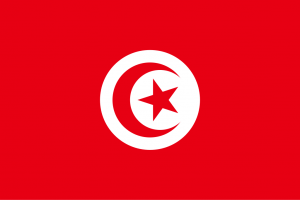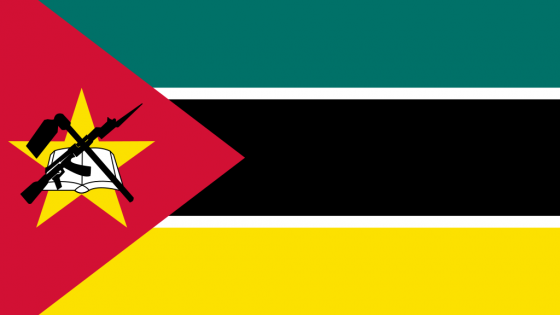
Mozambique, a southeastern African country along the stunning Indian Ocean, is a tropical paradise brimming with vibrant cultures, colonial history, and breathtaking coastlines. Known for its pristine beaches, marine life, and rich Portuguese-African heritage, Mozambique is a dream for adventurers and beach lovers alike.
Mozambique is a land of rich cultural diversity, stunning natural beauty, and historical significance. Whether you are exploring its vast coastline, encountering its abundant wildlife, or immersing yourself in the traditions of the Mozambican people, the country offers a variety of experiences for travelers looking to explore Africa’s hidden gems. From the lively streets of Maputo to the peaceful beaches of Bazaruto, Mozambique’s mix of culture, nature, and adventure is sure to leave a lasting impression.

